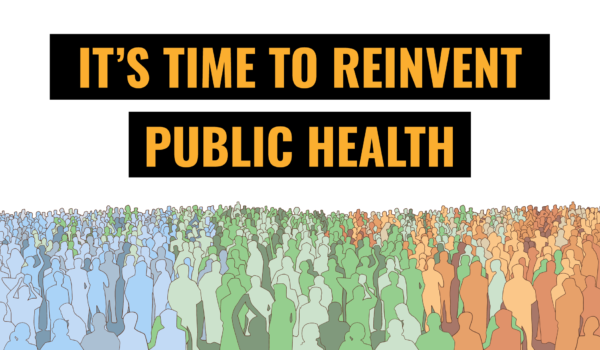If one thing is clear, it’s that after this pandemic the United States needs to reinvest in public health, both as we resume “normal” life and in the future post-COVID-19 world. Experts all agree that the public health system in this country is chronically underfunded and understaffed.
Consider this: Nationwide, local and state health departments have lost nearly a quarter of their workforce since the recession of 2008, according to the National Association of County and City Health Officials. This has left many local and state public health departments with a bare-bones staff.
Did you know that public health departments do everything from deal with the opioid crisis to assist with vaccinations for vulnerable populations to teach low-income families about teen pregnancy? In truth, public health offices help coordinate a lot of the programs that monitor public health in our country.
A new 2020 study by the Trust for America’s Health, a nonprofit public health advocacy group in Washington, found that chronic underfunding has presented a consistent obstacle to the nation’s public health systems. During the current COVID-19 crisis, these public health departments are answering calls from worried residents, attempting to organize contact tracing and organizing testing, among many other important jobs.
Yet, as was reported on fivethirtyeight.com, our country has a “withered public health infrastructure that has made it impossible to track and contain the spread of the virus that causes COVID-19.” Not good, right?
This national crisis has proven that American needs to reinvest in our public health system so we are prepared if something like COVID-19 ever happens again.

